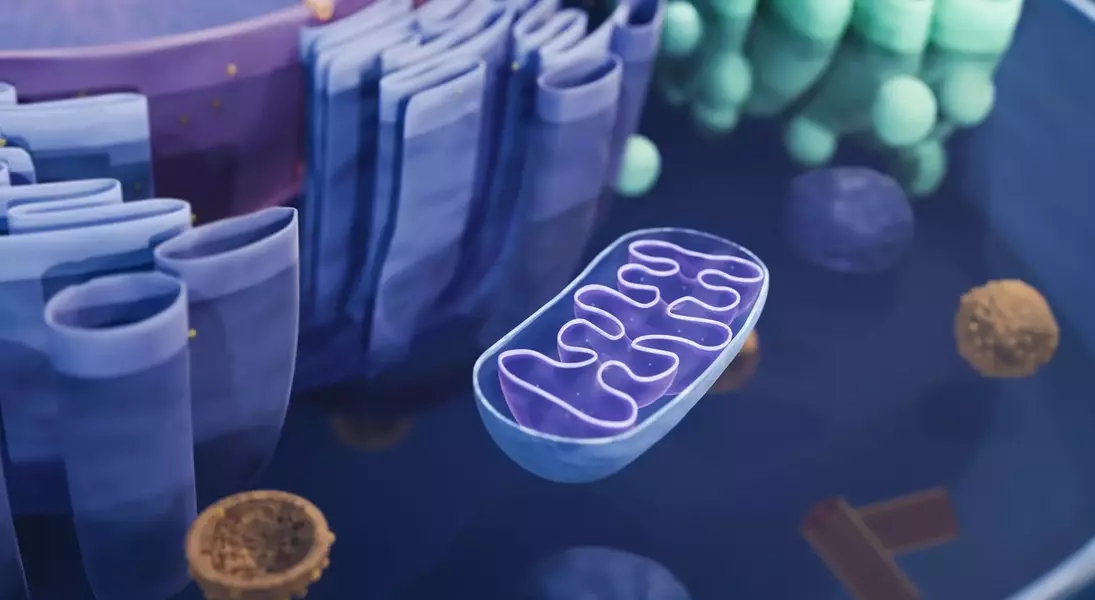
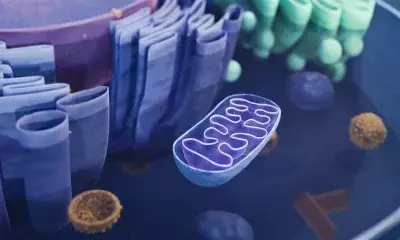
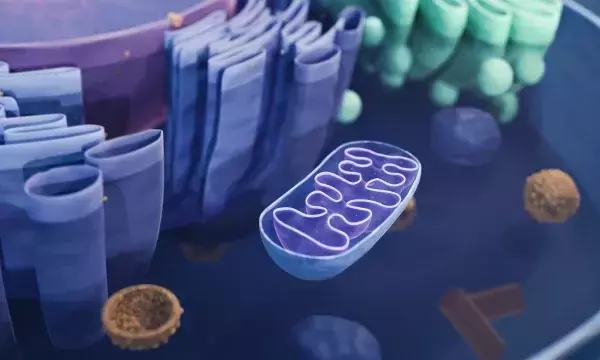
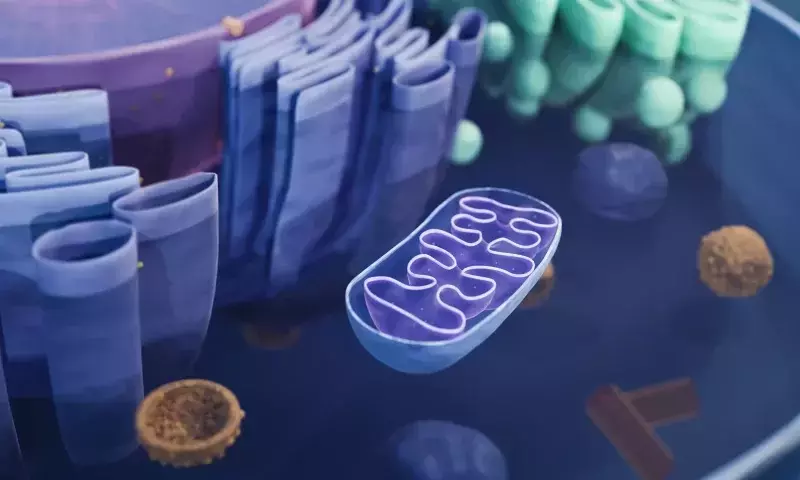
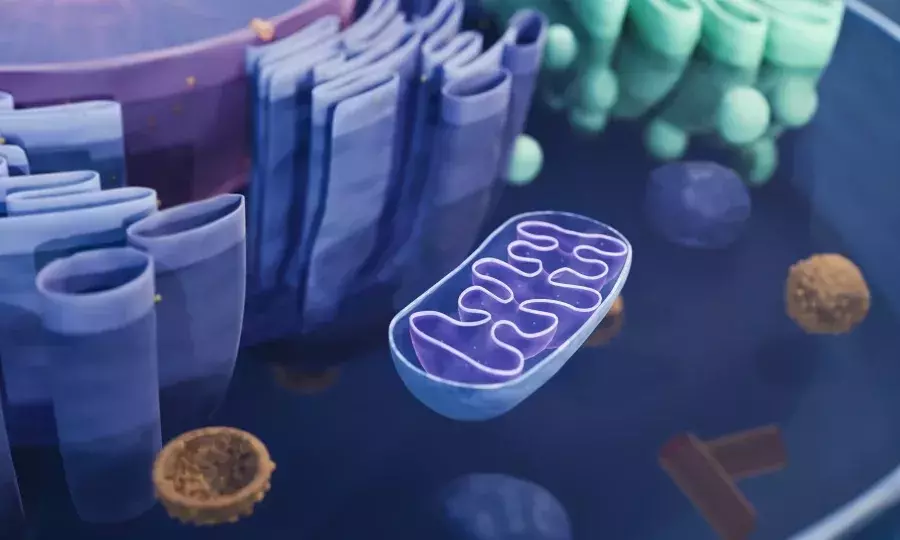
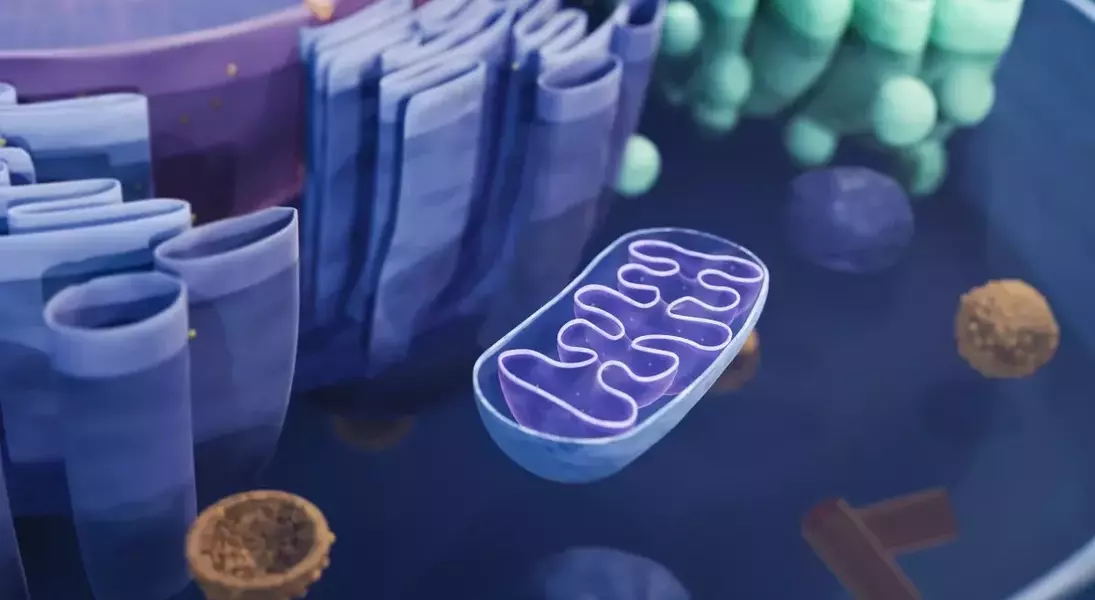
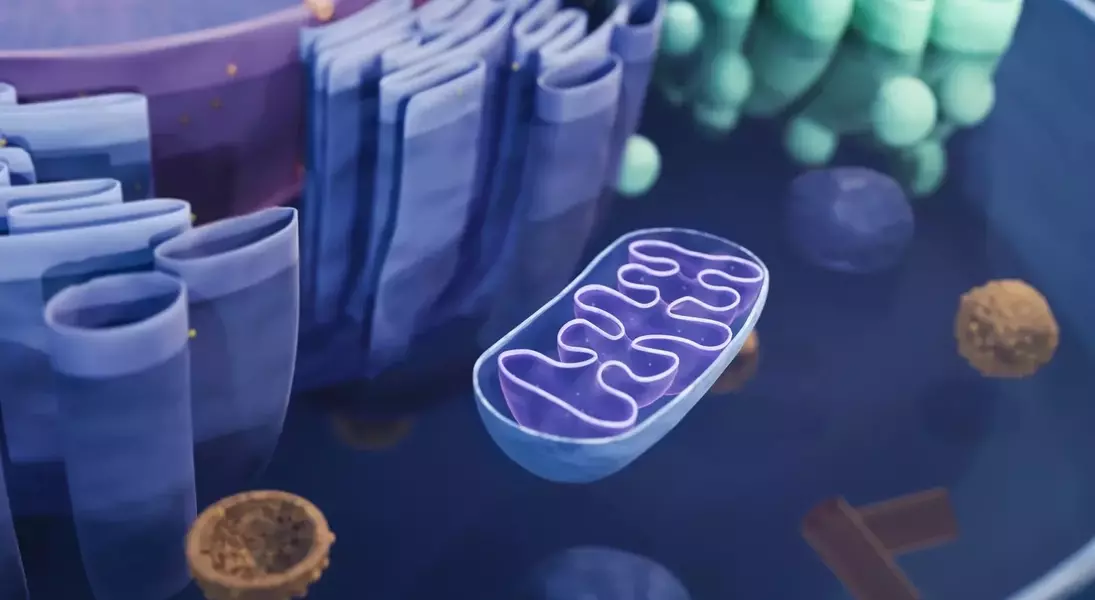
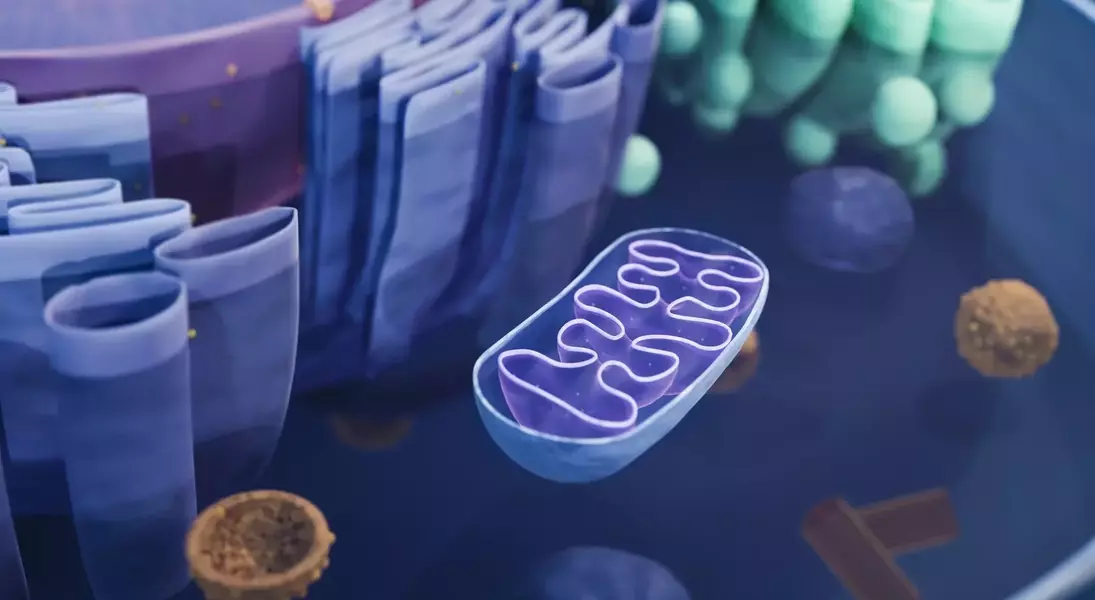
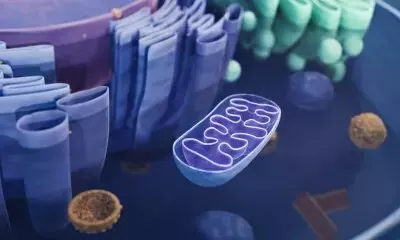
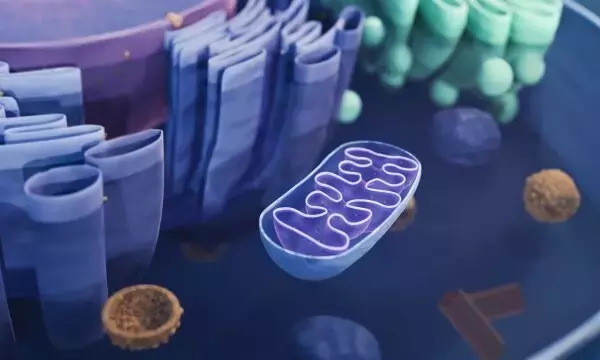
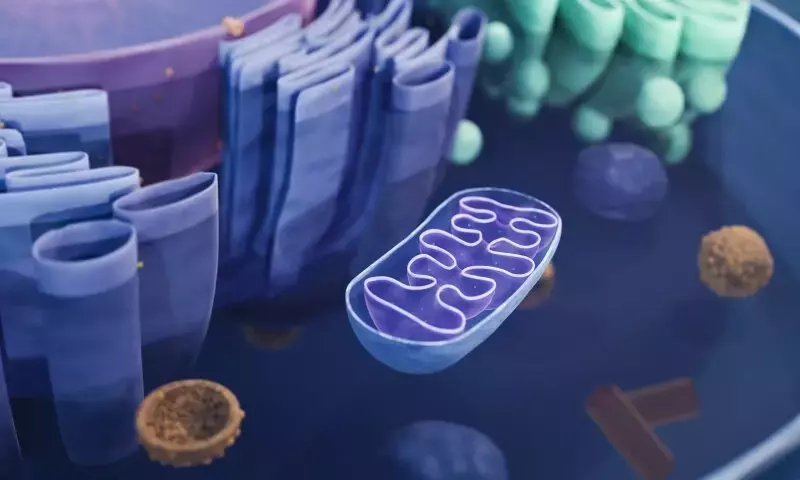
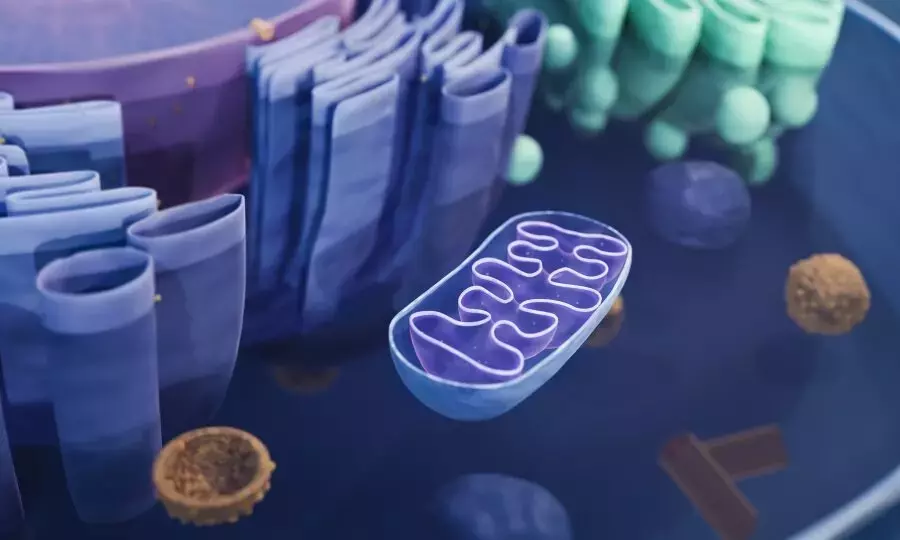
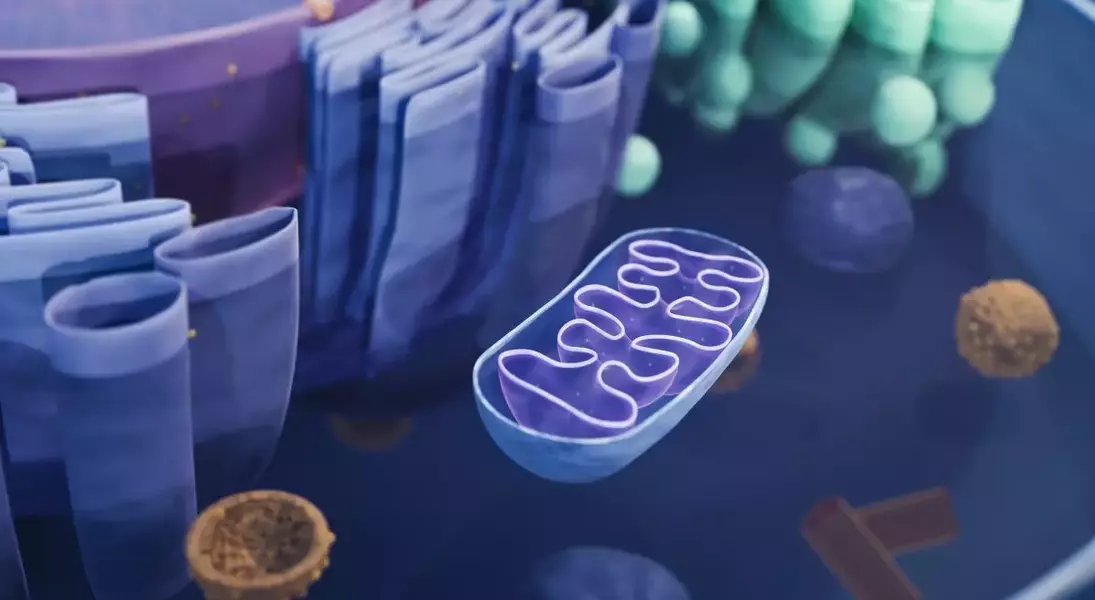
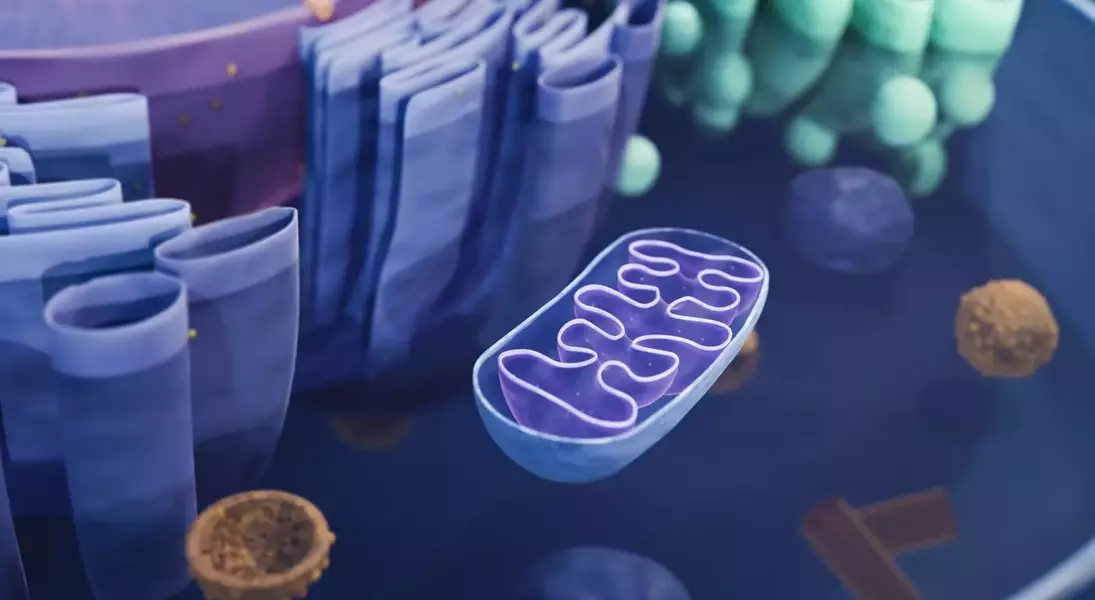


A revolutionary genetic technique has emerged as a beacon of hope for families grappling with the specter of inherited mitochondrial diseases. British scientists have unveiled the promising outcomes of an innovative procedure, which involves integrating healthy genetic material from a donor to counteract faulty DNA, thereby preventing the transmission of debilitating conditions. This cutting-edge approach has already facilitated the birth of several healthy children, marking a significant milestone in reproductive science. The technique, while still under long-term observation, opens new avenues for safeguarding future generations from severe genetic ailments.
However, this scientific advancement is not without its complexities and ethical considerations. While many hail it as a monumental achievement offering profound relief to affected families, others voice concerns regarding potential risks and broader societal implications. The debate extends beyond immediate medical efficacy to ponder the long-term impact on the human gene pool and the philosophical boundaries of genetic manipulation. As this technology progresses, a careful balance must be struck between the profound benefits it offers and the ethical responsibilities inherent in altering human heredity.
Pioneering a New Era in Genetic Health
A significant study recently unveiled the successful application of an innovative genetic technique, often termed a 'three-parent' procedure, designed to prevent the inheritance of severe mitochondrial disorders. This method involves carefully replacing defective mitochondrial DNA with healthy material from a donor, offering a lifeline to families with a history of these devastating illnesses. The initial results are highly encouraging, with several children born seemingly healthy, showcasing the potential for this technology to transform lives and reshape the landscape of reproductive medicine. This scientific stride addresses a critical need, providing a path to healthy offspring for those facing the heartbreak of passing on debilitating genetic conditions, thereby marking a pivotal moment in the quest to harness advanced genetic technologies for the betterment of human health and well-being.
The experimental genetic intervention has shown remarkable promise in its early stages, successfully aiding families burdened by inherited mitochondrial disorders. These conditions, which can lead to a host of serious health problems including organ failure and neurological damage, are exclusively passed down from the mother. By utilizing donor mitochondrial DNA, the procedure circumvents the transmission of these genetic flaws, allowing prospective parents to have biologically related children free from the disease. The success of this technique has sparked widespread optimism within the scientific community and among patient advocacy groups, who view it as a monumental leap forward in preventing diseases that have long caused immense suffering. While ongoing monitoring is crucial to confirm long-term safety and efficacy, the current outcomes provide a compelling testament to the transformative potential of this pioneering genetic therapy in mitigating the impact of inherited illnesses and offering renewed hope to countless families.
Navigating the Ethical Frontier of Genetic Intervention
Despite the remarkable medical potential of the 'three-parent' genetic technique, its implementation has ignited a robust ethical discourse. Critics articulate significant concerns about unforeseen risks to the children born from this procedure, as well as the women involved as egg donors or recipients. Beyond the immediate health implications, a deeper apprehension exists regarding the precedent set by such genetic modifications, fearing it could pave the way for a 'slippery slope' towards non-therapeutic genetic enhancements and the controversial concept of 'designer babies.' This debate underscores the complex challenge of balancing the desire to eradicate disease with the imperative to uphold ethical boundaries in human genetic engineering, prompting rigorous discussions about societal values and the future trajectory of biotechnological advancements.
The ethical complexities surrounding this groundbreaking genetic procedure extend to questions of genetic manipulation and its broader societal implications. Opponents raise valid points about the potential for unintended long-term consequences on the human gene pool, as genetic alterations of this nature are heritable. There's a palpable worry that what begins as a noble pursuit to prevent severe diseases could evolve into a quest for genetic perfection, influencing traits beyond health. Concerns are also voiced regarding the pressure on couples to pursue such advanced reproductive technologies rather than considering alternative family-building options like adoption. These discussions highlight the critical need for comprehensive regulatory frameworks and ongoing public dialogue to ensure that scientific progress in genetic medicine is pursued responsibly, with due consideration for its profound ethical dimensions and its lasting impact on human identity and diversity.
